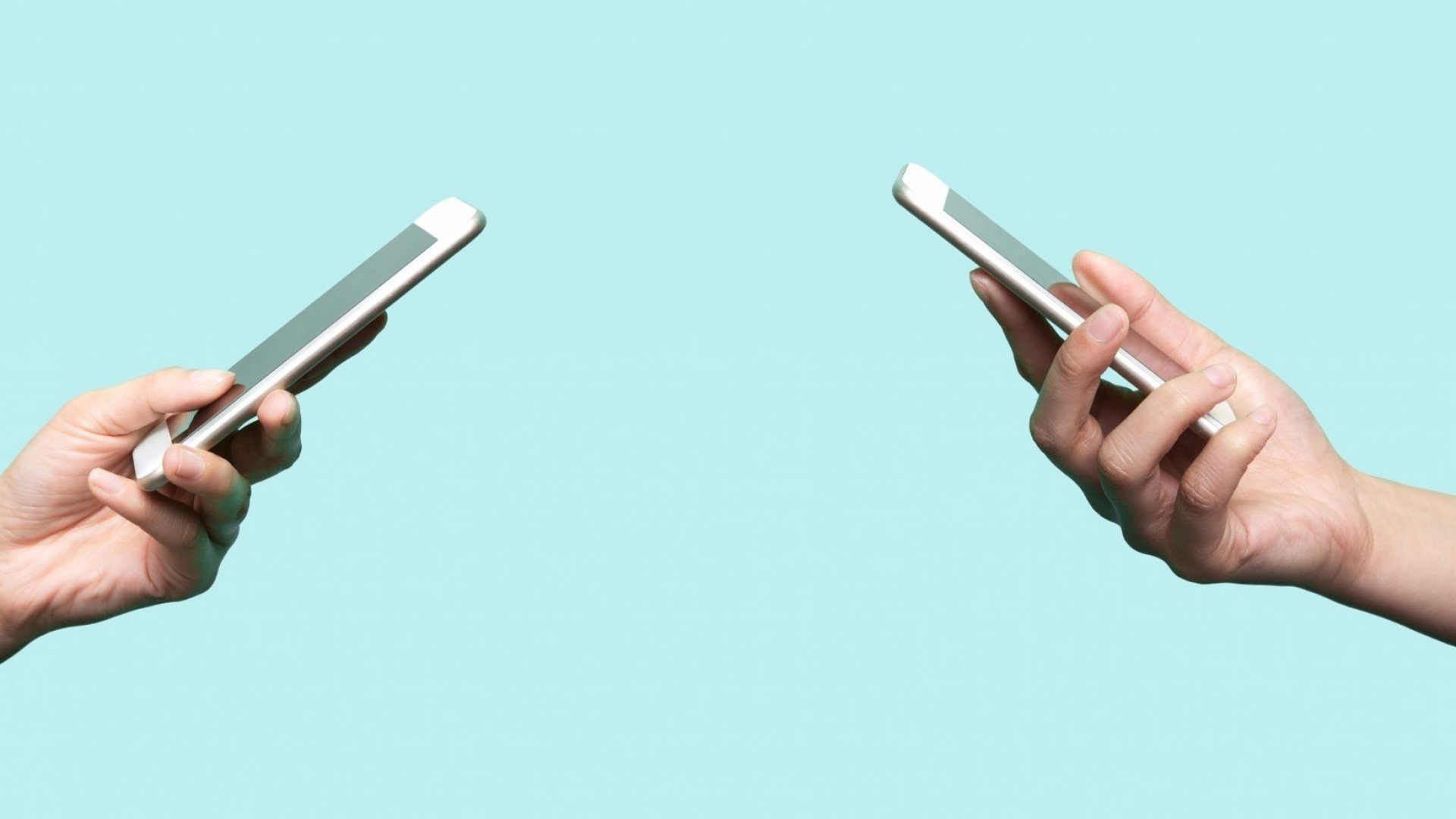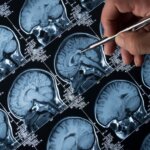A British-led study unveiled that nearly 40 percent of college students surveyed had exhibited symptoms of smartphone addiction. The findings highlight a growing issue of addictive behavior in the digital age.
The study was conducted by King’s College London and was publicized in the journal Frontiers in Psychiatry.
As part of the research, a British cross-sectional observational study was undertaken, consisting of more than 1,000 participants in early adulthood, recruited during the first months of 2019.
The participants were given questionnaires and assessment tests to assess the extent of their smartphone usage.
“Participants completed the Smartphone Addiction Scale Short Version, an adapted Pittsburgh Sleep Quality Score Index and reported smartphone use reduction strategies using both in-person and online questionnaires,” according to the study’s co-authors.
“A crude and adjusted logistic regression was fitted to assess risk factors for smartphone addiction, and the association between smartphone addiction and poor sleep.”
Researchers unveiled an association between smartphone addiction and mental health problems, like poor sleep.
From the study: “Using a validated instrument, 39% young adults reported smartphone addiction. Smartphone addiction was associated with poor sleep, independent of duration of usage, indicating that length of time should not be used as a proxy for harmful usage.”


